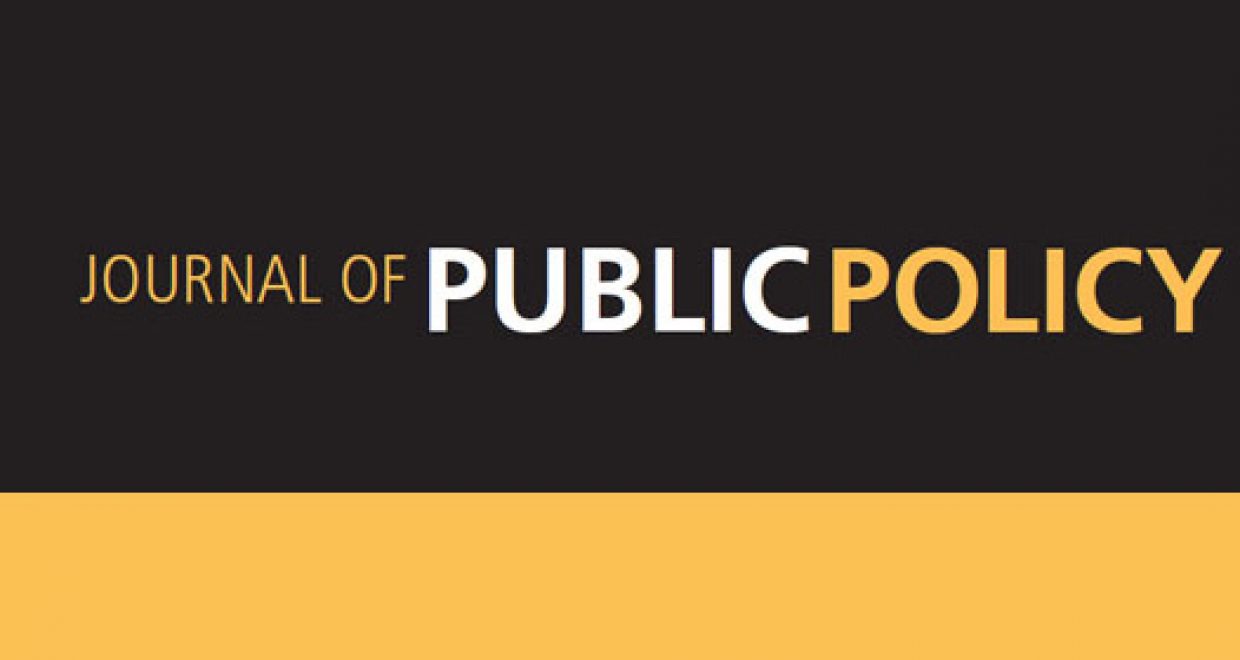Sociopolitical reputation and the reform of pharmacies in Greece and Portugal
In 2005, pharmacies in Greece and Portugal enjoyed some of the highest regulatory protections from competition in the EU. Fifteen-plus years later, Greek pharmacies are still highly protected, while Portuguese pharmacies have had to undergo several bouts of liberalization. What explains these different outcomes?
Our article in the Journal of Public Policy shows that is not only factors such as government capacity or the partisan orientation of governments that shape the reform of highly protected professions. Nor is it external pressures to reform, as both Greece and Portugal were subject to reform conditionality after the 2010 fiscal crisis; if anything, conditionality was much more intense for Greece than Portugal, and yet it is Portugal that liberalized pharmacies. Above all, it is not differences in financial and other resources of the pharmacists’ associations, or their access to policymakers, as the Portuguese pharmacists’ association has much greater material resources and access to policymakers than the Greek one and still did not manage to obstruct reform.
We argue that the puzzle of the different liberalization of pharmacies in Greece and Portugal can be solved if we look at it through the lens of reputation, and specifically of sociopolitical reputation. Building on the public administration and especially corporate governance work on reputation, we define sociopolitical reputation as an interest group’s reputation for behaving, or not, in an ethical manner and contributing, or not, to socially-sanctioned goals. Such reputation derives from a group’s past and current behavior and from how the relevant audiences perceive it.
Sociopolitical reputation is an important determinant of interest group influence on policymakers for two reasons. First, because elected and non-elected policymakers might extrapolate from their socially responsible behavior that certain interest groups are more trustworthy and consequently more deserving of attention than others. Second, elected policymakers care about how the public views the actors they interact with and fear voters’ backlash if they appear to be protecting the interests of actors that voters dislike.
Through its actions over time, the Portuguese pharmacists’ association has developed a very negative reputation with policymakers, as an interest group that has accumulated excessive resources and uses them in an unprincipled manner. No such negative image mars the reputation of pharmacists in Greece. This has paradoxically meant that the richer and more apparently influential association of the two, the Portuguese one, was the one that had to concede the most in the battle against liberalization.
Our findings show that sociopolitical reputation is a useful addition to the conceptual toolbox of the interest groups literature. The literature tends to emphasize material and informational resources to explain interest group influence. When reputation is considered, it is an interest group’s reputation for influence and for disposing of crucial resources. Conversely, we argue sociopolitical reputation is an asset in its own right, which can sit alongside financial resources, information, ideological affinity with decision-makers in the arsenal of an interest group.
– Stella Ladi (Queen Mary University of London & Panteion University), Catherine Moury (Universidade Nova de Lisboa) and Francesco Stolfi (Macquarie University)
– Ladi, Moury and Stolfi’s article is published in the Journal of Public Policy and is free to read until the end of February 2024



